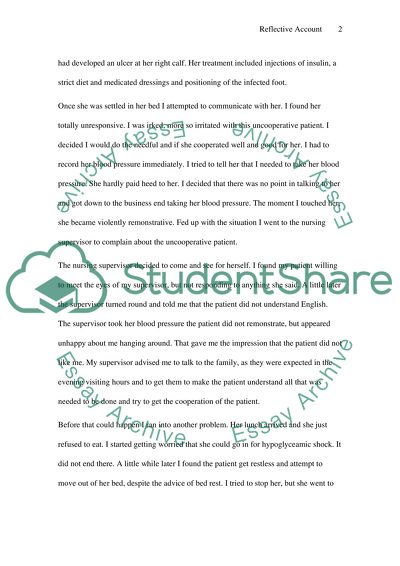Cite this document
(Perceptions and Expectations of Nursing Practice Personal Statement, n.d.)
Perceptions and Expectations of Nursing Practice Personal Statement. Retrieved from https://studentshare.org/nursing/1539578-reflective-account-of-nursing-placement
Perceptions and Expectations of Nursing Practice Personal Statement. Retrieved from https://studentshare.org/nursing/1539578-reflective-account-of-nursing-placement
(Perceptions and Expectations of Nursing Practice Personal Statement)
Perceptions and Expectations of Nursing Practice Personal Statement. https://studentshare.org/nursing/1539578-reflective-account-of-nursing-placement.
Perceptions and Expectations of Nursing Practice Personal Statement. https://studentshare.org/nursing/1539578-reflective-account-of-nursing-placement.
“Perceptions and Expectations of Nursing Practice Personal Statement”, n.d. https://studentshare.org/nursing/1539578-reflective-account-of-nursing-placement.


